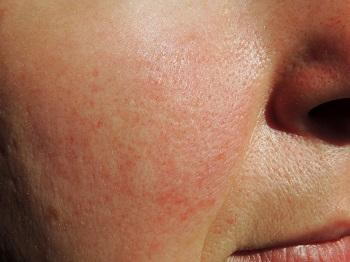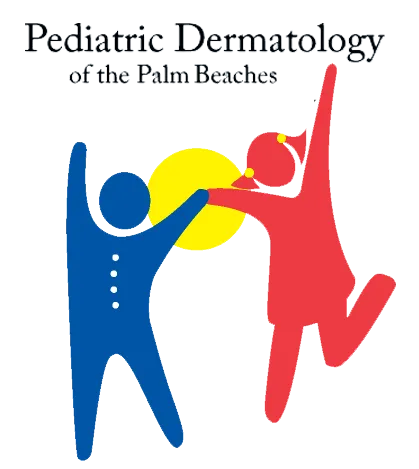What is Rosacea?

- posted: May 17, 2019
Does your face sometimes appear extremely red and flushing? While a slight blush is certainly nice, if the blush is severe or widespread you may be dealing a common condition known as rosacea. People with rosacea often liken their redness to looking like they are sunburned even though they are not, and the redness often appears across the nose and cheeks but can spread to the forehead, as well.
Along with redness those with rosacea may also experience:
- Sensitivity
- Stinging or burning
- Hard bumps that look similar to acne
- Visible blood vessels
- Thicker skin (in more advanced cases)
Rosacea is more common in women than men, as well as those over 30 years old. Rosacea is characterized by flare-ups of redness that may go away and then come back when in contact with certain triggers. Common rosacea triggers include:
- Sunlight
- Heat or cold
- Stress
- Alcohol
- Spicy foods
- Caffeine
- Certain skincare products
- Wind
- Certain medications
- Exercise
It’s important to note when you experience triggers to figure out what might be causing your flare-ups so you can avoid them whenever possible.
Treating Rosacea
There are no over-the-counter medications designed to treat rosacea, so the only way to get the proper treatment you need to get your symptoms under control is to see a dermatologist. There are certain prescription medications that may be prescribed to lessen your symptoms. These medications include:
- Certain drugs and topical medications that reduce redness
- Oral antibiotics (to kill the bacteria responsible for inflammation)
- Isotretinoin (for severe and unresponsive rosacea cases)
In some cases, your skin doctor may also recommend laser therapy to reduce redness and the appearance of blood vessels. Common laser therapies for rosacea include dermabrasion and intense pulsed light therapy.
Along with medication and laser therapy it’s important to be gentle with your skin and to always wear sunscreen before going outside. Choose a sunscreen that offers full-spectrum protection and has an SPF of at least 30. Even on cloudy or windy days you should apply sunscreen. Also be aware of certain products and makeup that could also be causing flare-ups. There is also makeup on the market that can conceal redness.
If you think that your redness may be the result of rosacea isn’t it time you got answers? Schedule a consultation with our trusted dermatologist today.



